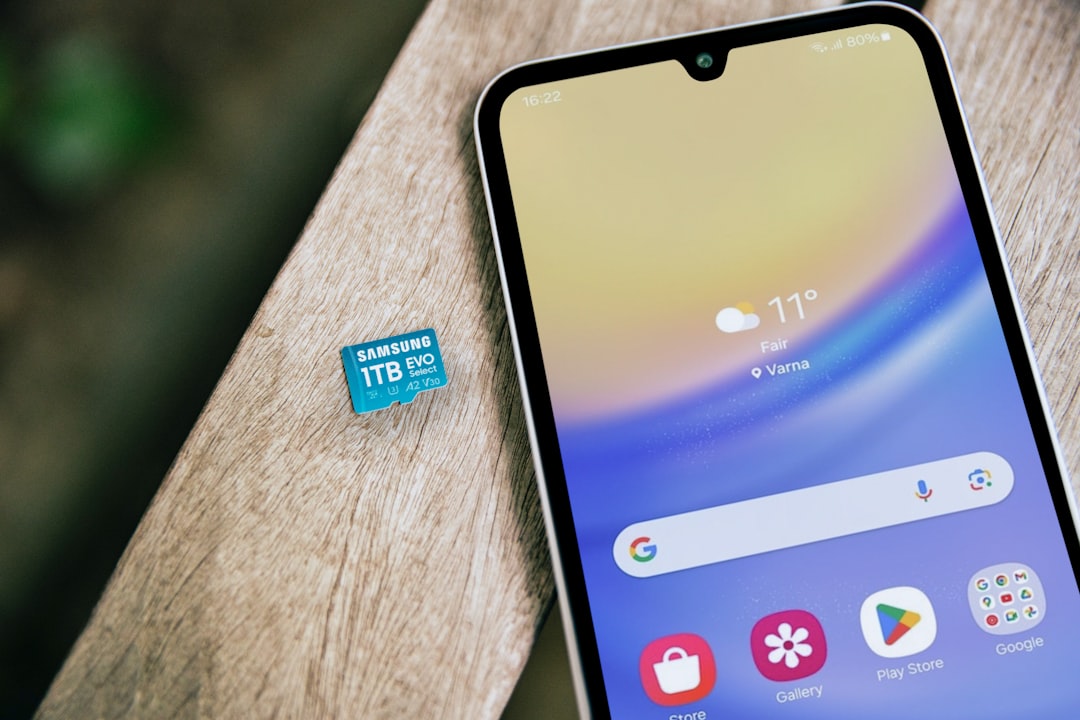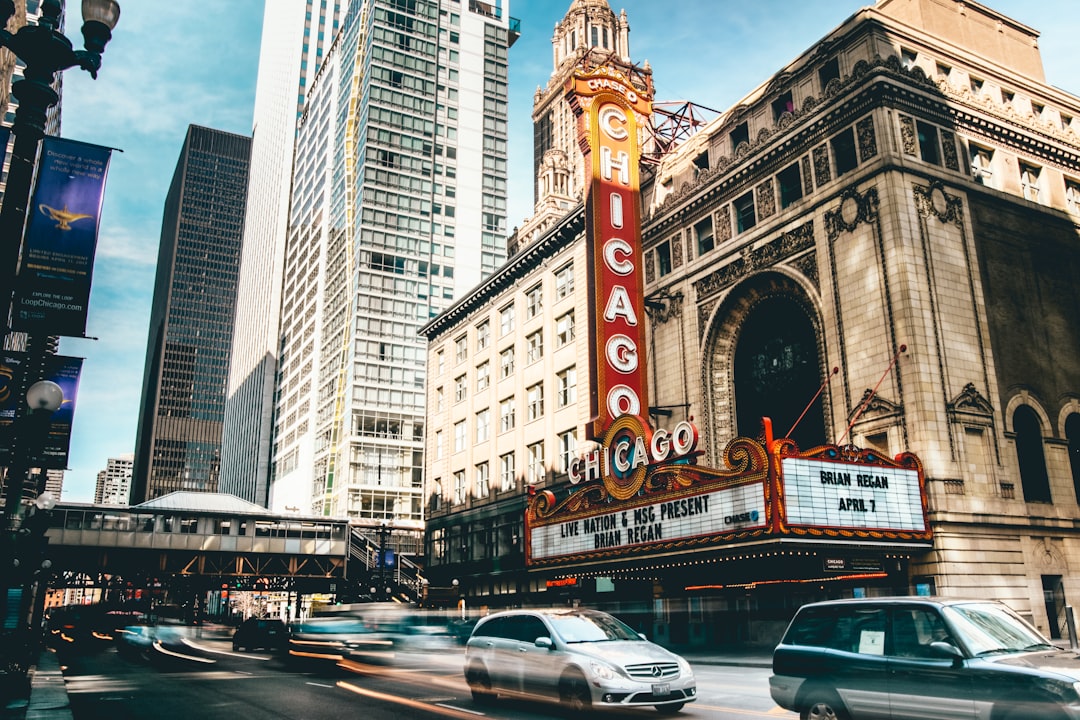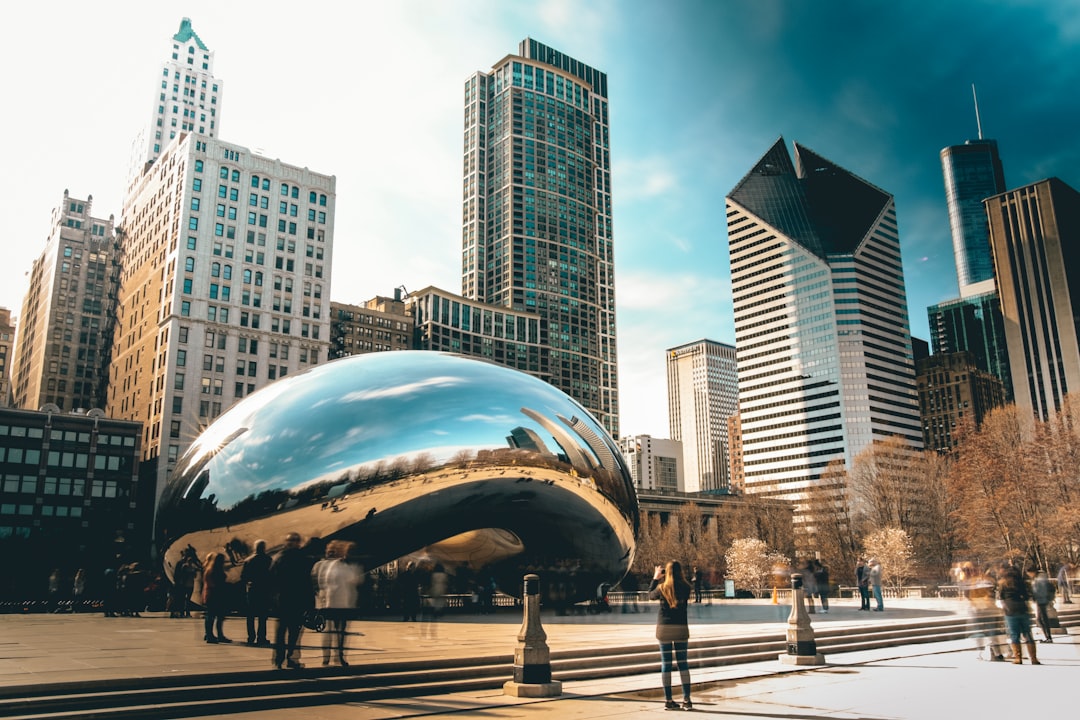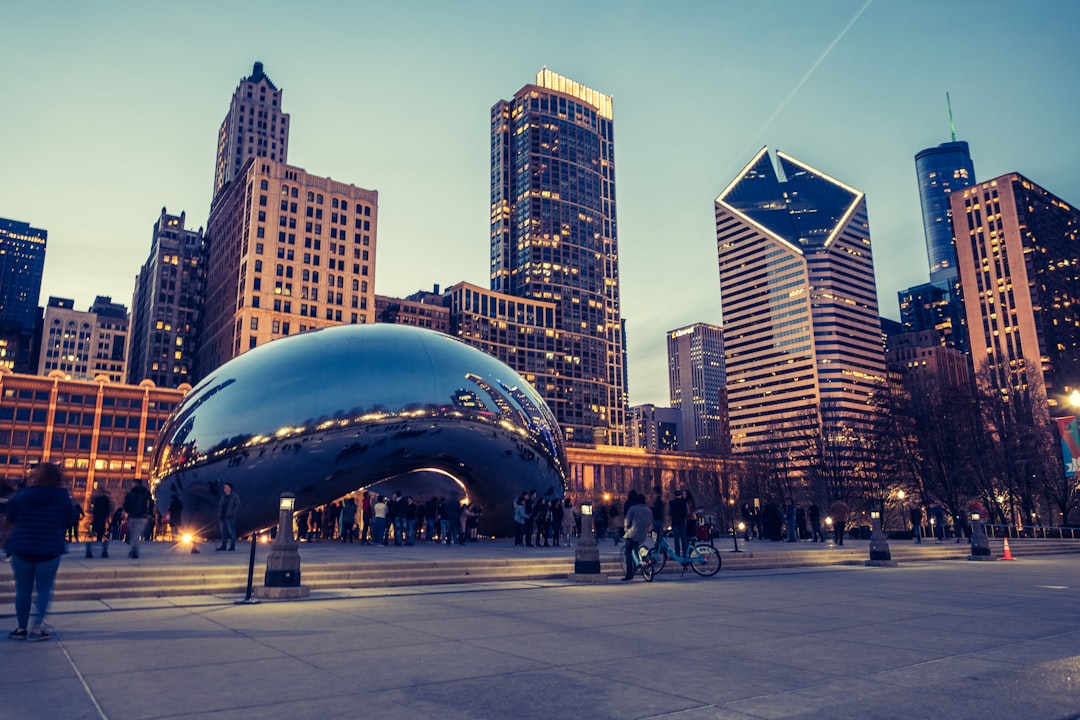Robocalls have reached epidemic levels in Chicago, affecting its residents through marketing, fundraising, debt collection, and political campaigns. The city's high concentration of people makes it a prime target for robocallers using automated systems to dial thousands of numbers simultaneously. This trend poses significant risks to the elderly population, who are vulnerable to scams, heightened stress, sleep disturbances, and psychological issues like anxiety and depression. Community efforts in Chicago include workshops, awareness campaigns, and custom call filtering systems to combat these nuisances and protect seniors from financial exploitation and potential dangers associated with robocalls, emphasizing the need for effective strategies to curb their negative impacts on Robocall Chicago.
In the age of digital connectivity, robocalls have become a pervasive nuisance for Chicago’s elderly population. This article delves into the multifaceted impact of automated phone calls on Chicagoans over 65, exploring their prevalence and unique challenges. We discuss the psychological toll, financial risks, and the rise of targeted scams. Furthermore, it highlights community initiatives aimed at mitigating these effects, offering insights into fostering a safer digital environment for seniors in the Windy City. Understanding robocalls is crucial to ensuring the well-being of Chicago’s aging demographic.
Understanding Robocalls and Their Prevalence in Chicago

Robocalls, or automated phone calls, have become an increasingly common nuisance across the country, and Chicago is no exception. With advancements in technology, these pre-recorded messages are now used for various purposes, from marketing and fundraising to debt collection and political campaigns. In Chicago, as in many urban areas, the high concentration of residents makes it a prime target for robocallers, who often use automated systems to dial thousands of numbers simultaneously.
The prevalence of robocalls in Chicago has significant implications, especially for its elderly population. Seniors may be more susceptible to falling victim to scams or misleading information due to factors like reduced mobility and potential cognitive decline. Moreover, the constant barrage of unsolicited calls can lead to increased stress, frustration, and even sleep disturbances, negatively impacting their overall well-being. Understanding the extent of this issue is crucial in developing strategies to mitigate the impact of robocalls on Chicago’s elderly residents.
The Unique Challenges Faced by Elderly Residents

The elderly population in Chicago, like many urban areas, faces unique challenges in an era dominated by robocalls. These automated phone calls, often used for marketing or political purposes, can be particularly intrusive and stressful for seniors. With decreasing mobility and potential cognitive impairments, it becomes harder for older residents to discern legitimate calls from scams, leading to increased anxiety and confusion.
The high volume of robocalls can also impact their mental well-being. Many elderly Chicagoans rely on phone interactions as a primary form of social connection, making unwanted calls a nuisance. Moreover, the constant interruption can disrupt their daily routines, especially when critical information or services are conveyed through these automated messages. Understanding and addressing these challenges is essential in ensuring that robocalls do not exacerbate existing issues faced by this vulnerable demographic in Chicago.
Psychological Impact on the Aging Population

The constant barrage of robocalls targeting Chicago‘s elderly population is taking a significant psychological toll on this vulnerable demographic. The high volume and often intrusive nature of these automated calls can lead to increased stress, anxiety, and even depression among seniors. Many older adults in Chicago struggle with the overwhelming number of phone calls they receive daily, especially when a substantial portion carries an unknown or suspicious number, leading to mistrust and paranoia.
This issue is particularly concerning given the age group’s susceptibility to manipulation and pressure tactics. The constant pressure to respond or provide personal information can create a sense of urgency and fear, particularly among those with limited digital literacy. As Chicago‘s elderly population ages further, addressing the psychological impact of robocalls becomes increasingly critical to ensuring their well-being and maintaining their independence.
Financial Risks and Scams Targeting Seniors

The rise of robocalls has brought significant challenges for Chicago’s elderly population, who often become targets of financial scams and risks. These automated calls, commonly known as Robocalls Chicago, can transmit malicious messages or attempt to gather personal information through pressure-tact tactics. Seniors, with varying degrees of technological literacy, may fall prey to these schemes, leading to significant financial losses and a rise in fraud cases.
Scammers often pose as government agencies, banks, or trusted organizations to trick seniors into revealing sensitive data like social security numbers, bank account details, or credit card information. They might also push for quick decisions, creating a sense of urgency that seniors may struggle to resist. Such tactics exploit the trust and vulnerability of an aging demographic, making them more susceptible to financial harm.
Community Efforts and Solutions to Mitigate Robocall Effects

In response to the growing issue of robocalls affecting Chicago’s elderly population, community efforts have emerged to mitigate their negative effects. Local organizations and initiatives are working tirelessly to educate seniors about call blocking technologies and safe practices for handling unsolicited calls. Workshops and awareness campaigns have been organized to empower older adults with knowledge about identifying and reporting scam calls, thereby enhancing their digital literacy and security.
Additionally, collaborative partnerships between tech-savvy volunteers and community centers have led to the implementation of custom call filtering systems tailored to the needs of seniors. These innovative solutions not only block robocalls but also allow for personal exceptions, ensuring important calls from family and friends remain unobstructed. By combining technological advancements with community support, Chicago is taking proactive steps to protect its elderly residents from the nuisances and potential dangers associated with robocalls.






